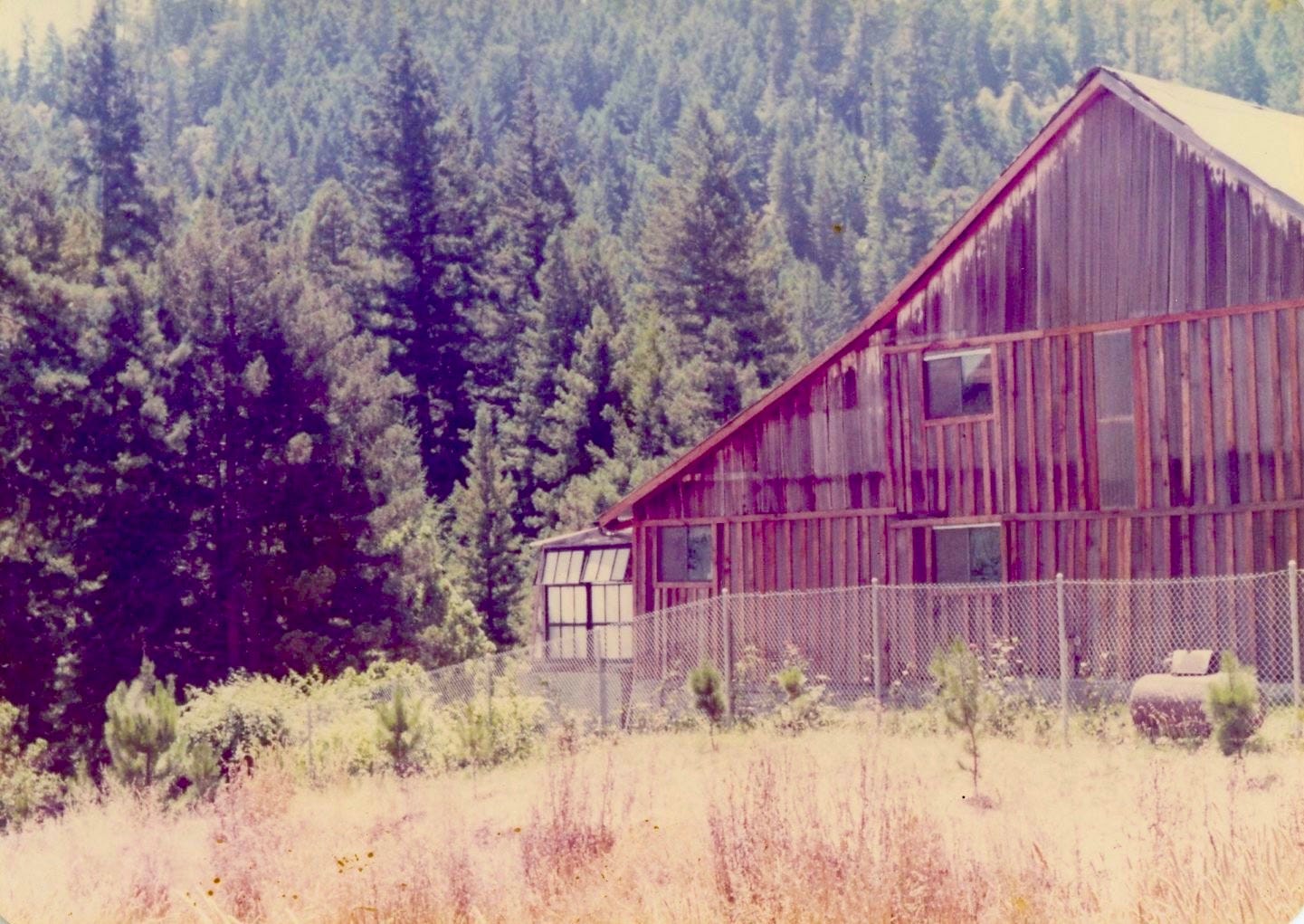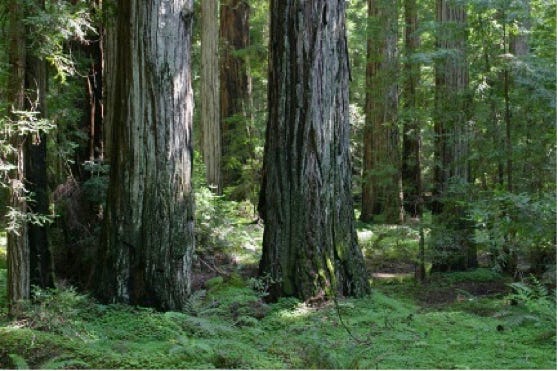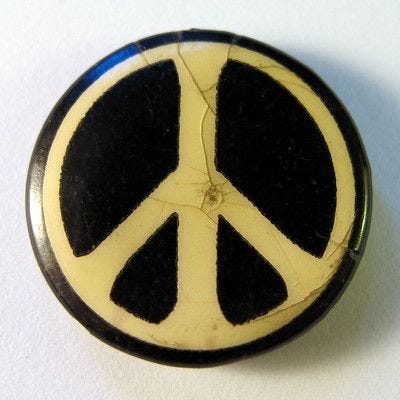Land use, not social exclusion, was the issue that finally motivated the residents of Comptche, new and established, to sit down and talk.
The incident involved an airstrip being built without a permit on a ridge in the south-central area of Comptche. Meeting at the Grange Hall in 1976, community members with differences confronted a conflict over values about land use. A participant in this study who attended those meetings wrote:
“Lots of concerns were aired and most everyone felt heard. The airport was approved but with limited traffic and noise controls.”
The airstrip was supported by some who argued it would improve emergency services access, while others denounced it on the grounds of what it would bring: noise, pollution, and air traffic over the tranquil valley.
An old-timer participant who attended the meetings saw the airstrip as a pivotal event:
“The airstrip controversy was the first hippie conflict with rednecks and churchgoers. It was a conflict about property rights overlaying some mostly personal animosities. There was no principle involved. It was all about conflicts RW had with his neighbors… But two unwritten rules in Comptche were, do not turn your neighbor in to the law, and do what you want with your land as long as you do not hurt anyone else. The airstrip controversy challenged both of these rules.”
Land use issues in Comptche have always been complex, said an old-timer participant who grew up on the timber ranch, today he runs the family enterprise. He explained that regional timber practices traditionally involved selective logging. This method harvests selected timber that thins, rather than denudes, the forest. “You don’t get as big a yield, but it’s sustainable forestry.”
Old-timers earning income from logging considered some newcomers as a threat to their livelihood and called them among other things, “tree huggers.” Back-to-the-lander participants agreed.
“Yes we were treehuggers. And we still hug trees!”

Preserving nature and living in a healthy ecosystem were critical values in the Counterculture movement. Fighting for for Mother Earth was as important as fighting to end the war in Vietnam.
The nascent Sixties’ Ecology movement was sparked by Rachel Carson’s Silent Spring (1962). Ecology had a logo and flag mirroring Old Glory, green and white stripes with a circular e. America’s first Earth Day was in April, 1970.

In 1971 two Standard Oil tankers collided off the coast of Marin County and San Francisco Bay, just 200 miles south of Cape Mendocino. The spill was absolutely devastating for the Bay Area and beyond. People who had been picking up trash in the Ecology movement became full-fledged activists.
The oil spill spawned the organizing of the Environmental Action Committee of West Marin (EAC). This inspired other Ecology activists to start non-profits to fund their work, which by the 1980s morphed into the Environmental movement. Universities responded by founding colleges of environmental sciences and environmental studies. Change was happening.
Comptche’s tree-hugging hippies were harbingers of the decade to come. During the 1980s, name-calling reappeared like the virus of a once-eradicated disease. Divisions over land use grew more obnoxious. Some old-timer foresters welcomed new logging opportunities, while tree-hugging back-to-the-landers fought the multi-national corporate invasion of the redwoods; those who happened to be women were called “femi-nazis” by loggers who happened to be men.
By mid-decade, multi-national timber corporations were buying and cutting redwood. Comptche residents were successful in saving a few tracts of forest, but in the larger region, clear-cutting happened at rates that left locals slack-jawed.
Today, Comptche timber ranchers tend to agree that clear-cutting is not good for the long-term viability of forest resources. Like wildfire, the timber giants with their unsustainable strip-logging became a common foe for the people of Comptche.
Up Next: A New Tradition: The Comptche General Plan
References for this post:
Carson, Rachel, 1962. Silent Spring
Miller, Timothy, 1991. The Hippies and American Values.
Spicer, Lisa Gruwell, 2012, c. 2024. Finding Common Ground: When the Hippie Counterculture Immigrated to a Rural Redwood Community.







